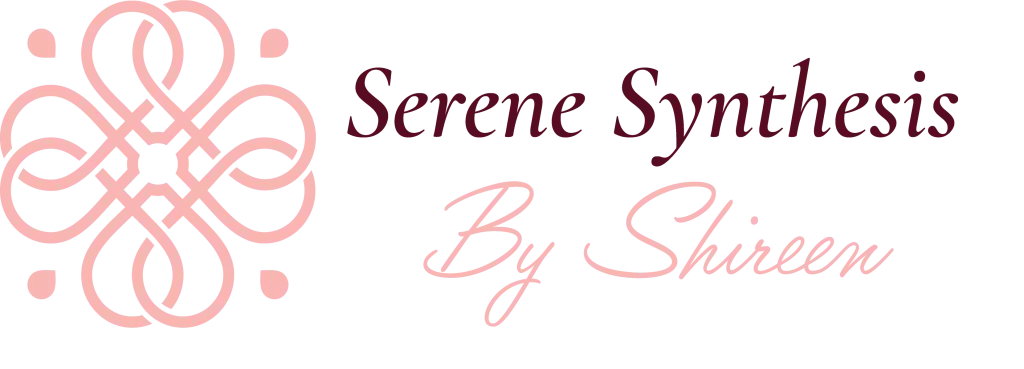Recent reports in leading business media have highlighted a growing concern: creativity, critical thinking, and adaptability are emerging as the biggest skill gaps in today’s workplaces.
It’s an interesting paradox. These aren’t advanced technical abilities. They’re human skills – qualities we were born with. So why are professionals everywhere struggling with something so basic?
At Serene Synthesis, we’ve spent years studying this question through our corporate soft skills and emotional intelligence programs.
And what we’ve found is this: we don’t lack soft skills because they’re hard – we lack them because the systems around us have slowly conditioned them out of us.
1. The system trained us out of them
From early school days to corporate life, most people were rewarded for compliance, not curiosity.
We learned to follow, not to question.To perform, not to reflect.
We became skilled at efficiency, but not at empathy.
So while creativity and adaptability are natural instincts, the world we grew up in taught us to suppress them.
2. Soft skills begin where emotional regulation begins
- Empathy, communication, and collaboration aren’t techniques — they’re reflections of your inner state.
- You can’t communicate clearly when you’re anxious.
- You can’t empathize when you’re defensive.
- You can’t innovate when you’re afraid to fail.
Most adults were never taught to manage fear, ego, or emotional triggers.
That’s why soft skills collapse under stress – not because they’re missing, but because our emotional systems were never trained.
3. They don’t feel urgent – until it’s too late
- When a hard skill is missing, you see it immediately.
- When a soft skill is missing, the cracks appear slowly – in broken trust, silent teams, and unspoken resentment.
- The damage is invisible… until it isn’t.
That’s why many leaders realize the importance of soft skills only after they’ve lost great people or loyal clients.
4. Workplaces reward performance, not presence
Even today, many organizations value output over empathy.
The loudest voice wins. The busiest calendar looks impressive.
In environments where reflection is invisible and metrics rule, people adapt to survive – not to humanize.
Soft skills don’t thrive in fear-driven systems.
5. Fear of vulnerability
- To collaborate deeply, you must risk being misunderstood.
- To communicate honestly, you must risk being judged.
- But most professionals operate from self-protection, not openness.
- And armor and empathy cannot coexist.
6. Digital speed, human disconnection
We live in a world of constant connectivity but declining connection. Instant replies, constant multitasking, and shrinking attention spans leave little room for emotional depth.
The faster we communicate, the less we truly understand each other.
7. Because no one ever taught adults how to grow emotionally
We were educated to think, not to feel.
To solve problems, not to process emotions.
So we enter workplaces with strong intellect but fragile emotional systems – still using childhood coping patterns in professional settings.
Soft skills aren’t “nice to have.” They’re what make intellect usable.
8. Because they’re invisible work
You can measure sales and deadlines.
But you can’t easily measure “handled conflict with grace” or “made a client feel safe.”
Soft skills are invisible – and therefore, often undervalued.
The truth is…
We don’t lack soft skills because they’re difficult.
We lack them because we built systems that reward efficiency over empathy.
And now, as AI handles more technical work, these human skills – the ones we’ve ignored – are becoming the most valuable of all.
How Serene Synthesis approaches this differently
At Serene Synthesis, we don’t teach soft skills as checklists or scripts. We rebuild them from the inside out.
Our training helps teams and leaders:
- Identify emotional patterns that block communication and creativity
- Understand how fear and ego shape interactions
- Practice tools that create emotional stability and authentic presence
Because you can’t teach empathy through a PowerPoint.
You build it by helping people feel safe enough to be human again. Soft skills aren’t an accessory to performance – they are the foundation of it. And in a world moving faster than ever, humanity is your real competitive edge.
If your teams are struggling with collaboration, trust, or adaptability, it’s not a skill gap – it’s a human gap.
That’s what we help you rebuild.
Explore our corporate training programs or reach out to design a solution that fits your organization.
Let’s bring the human advantage back into business – where it belongs.


